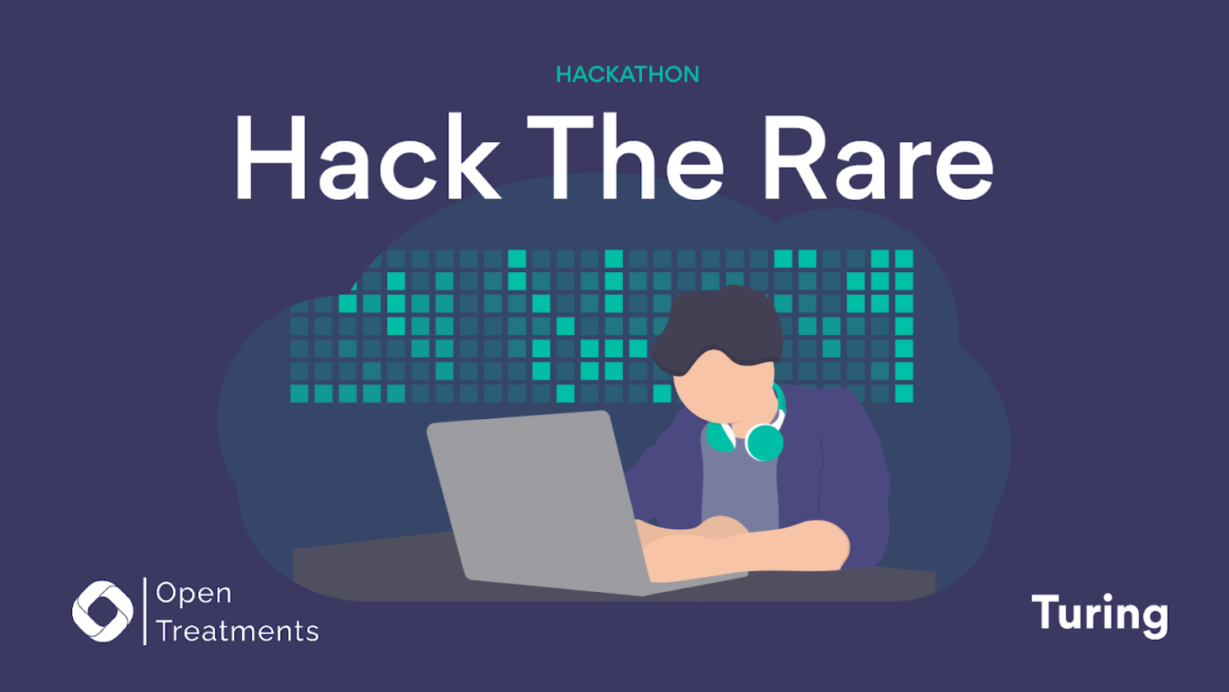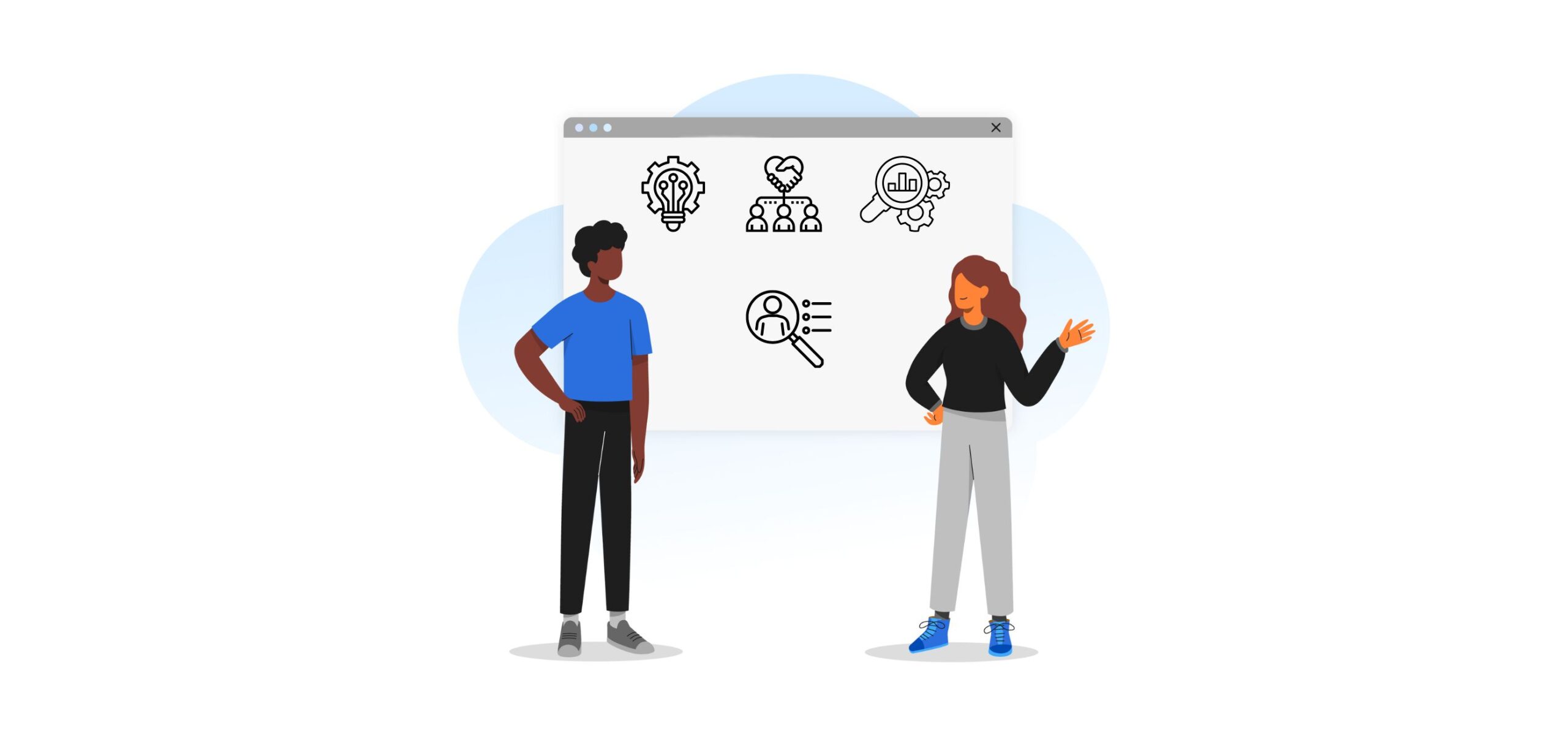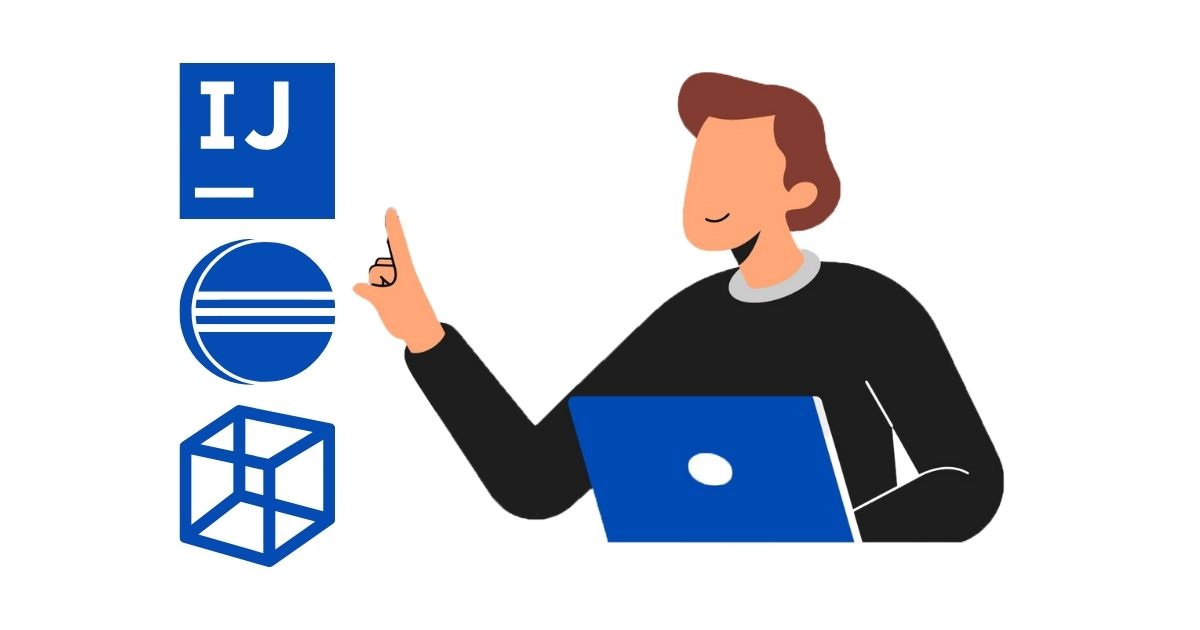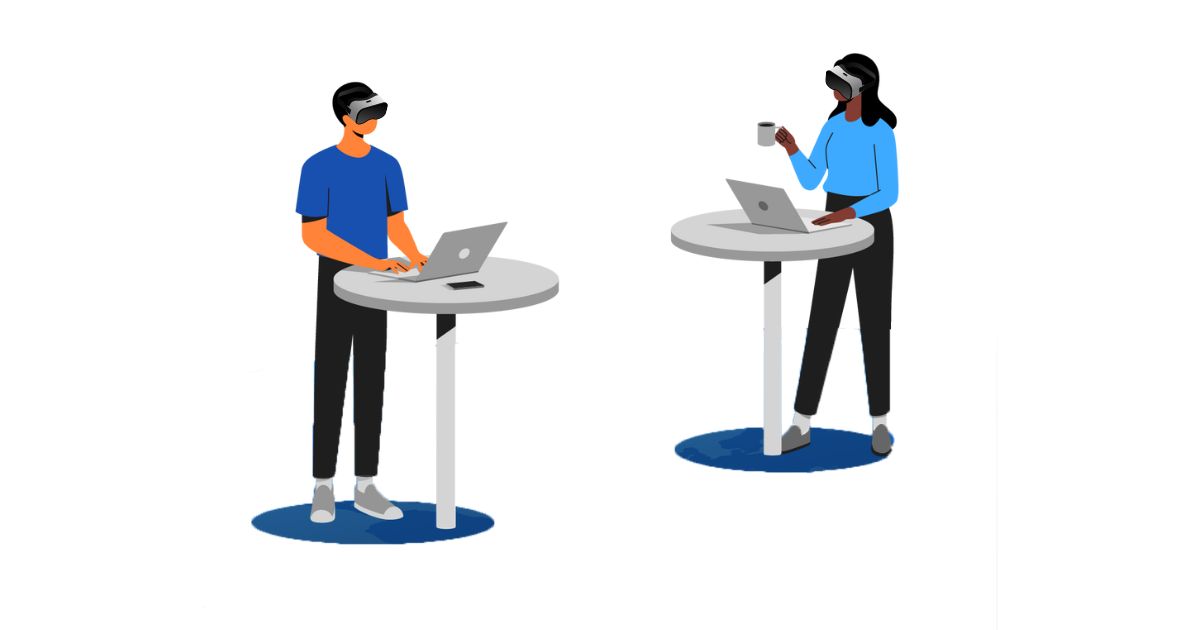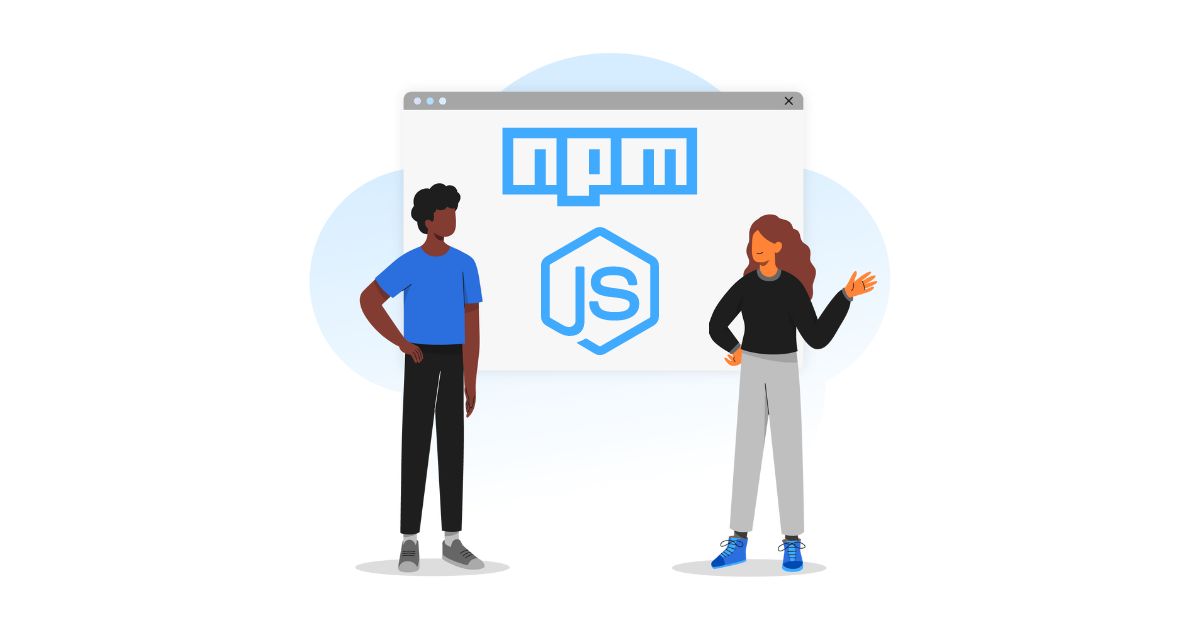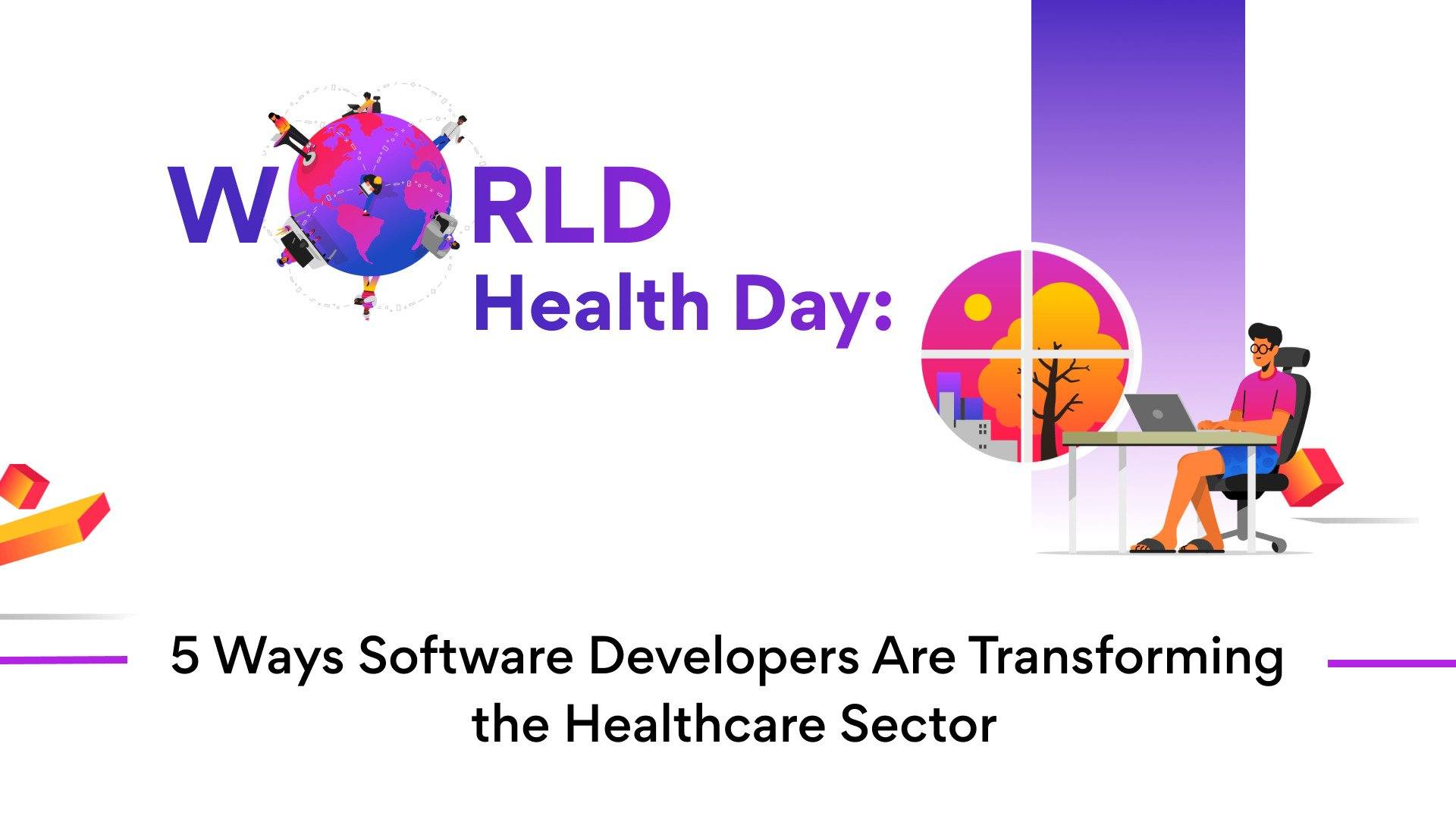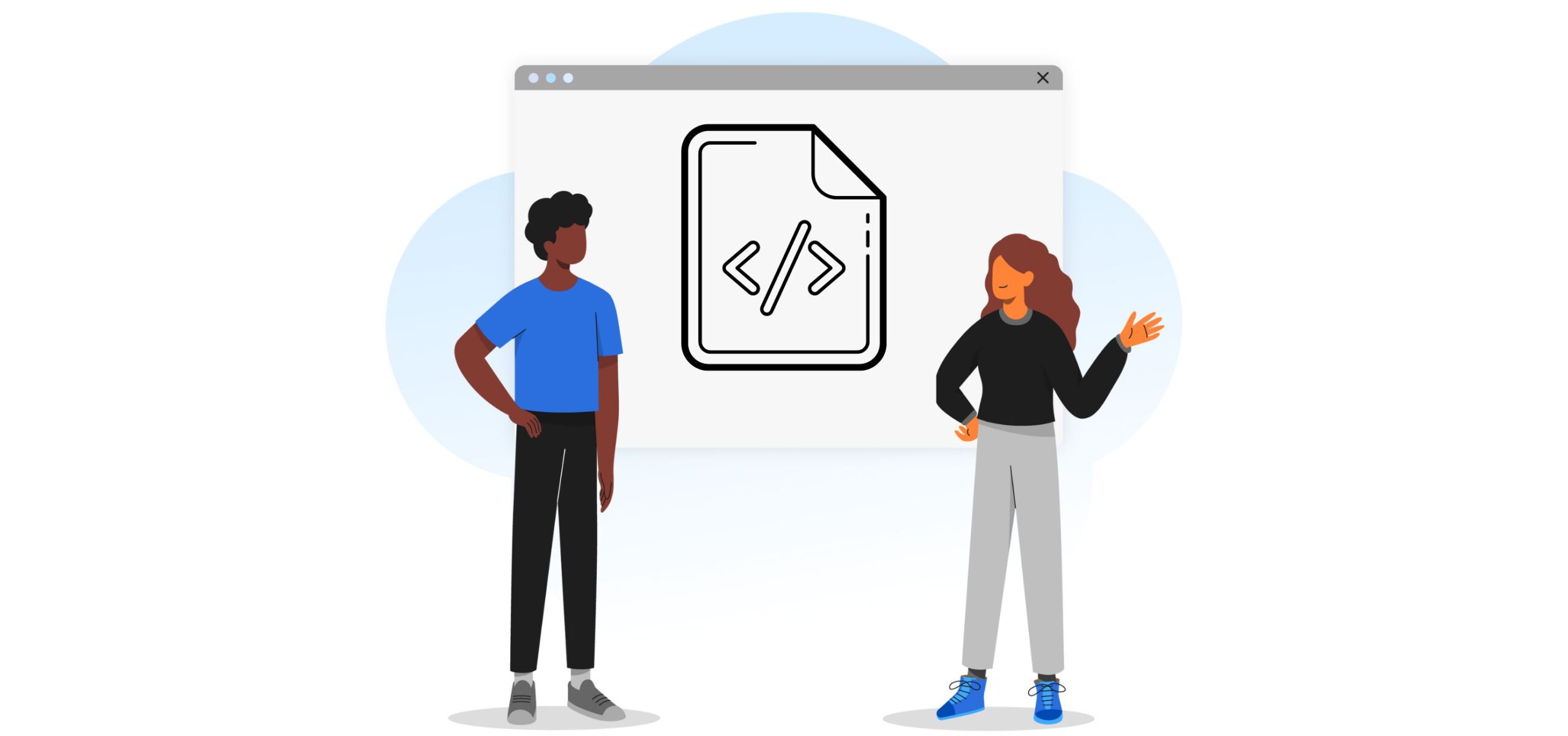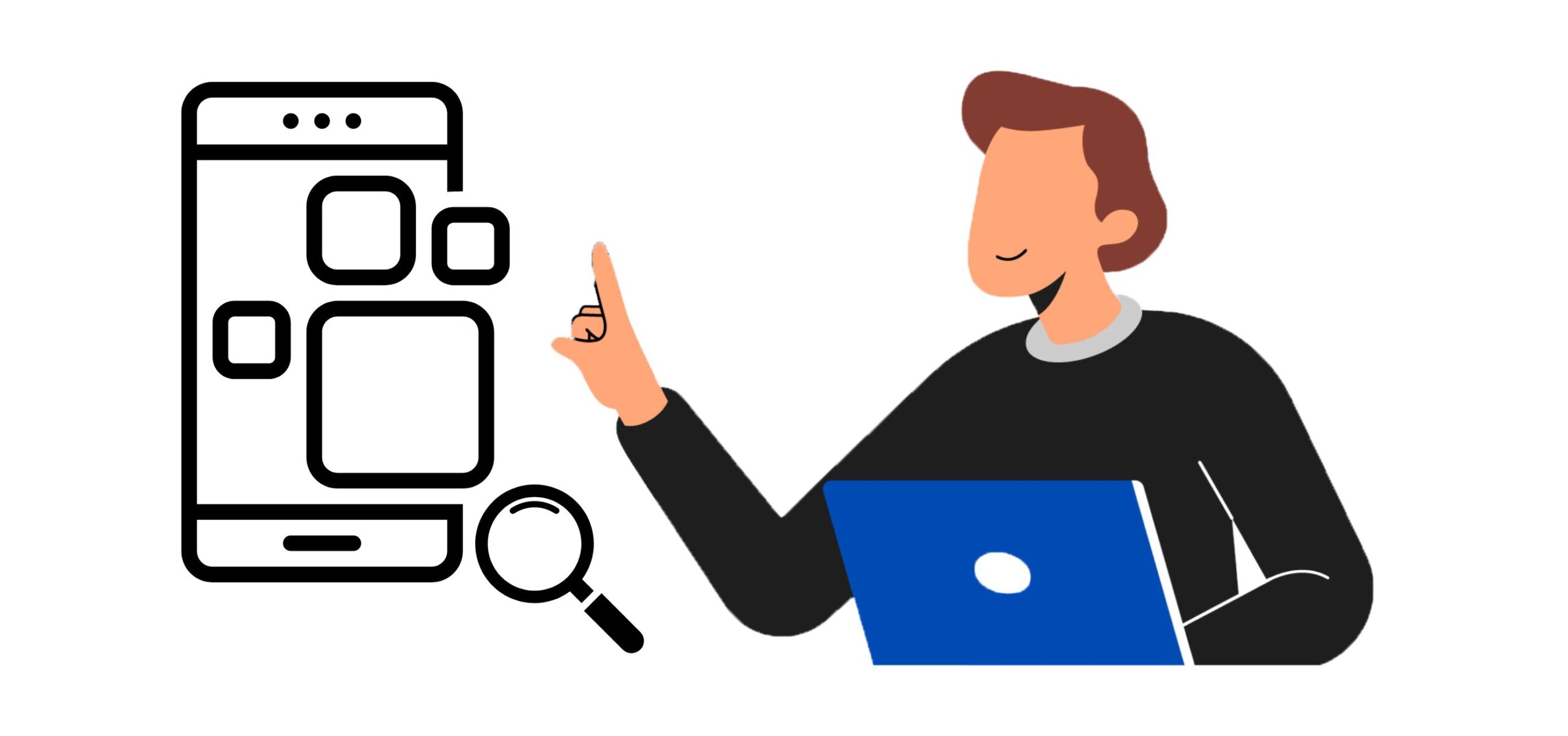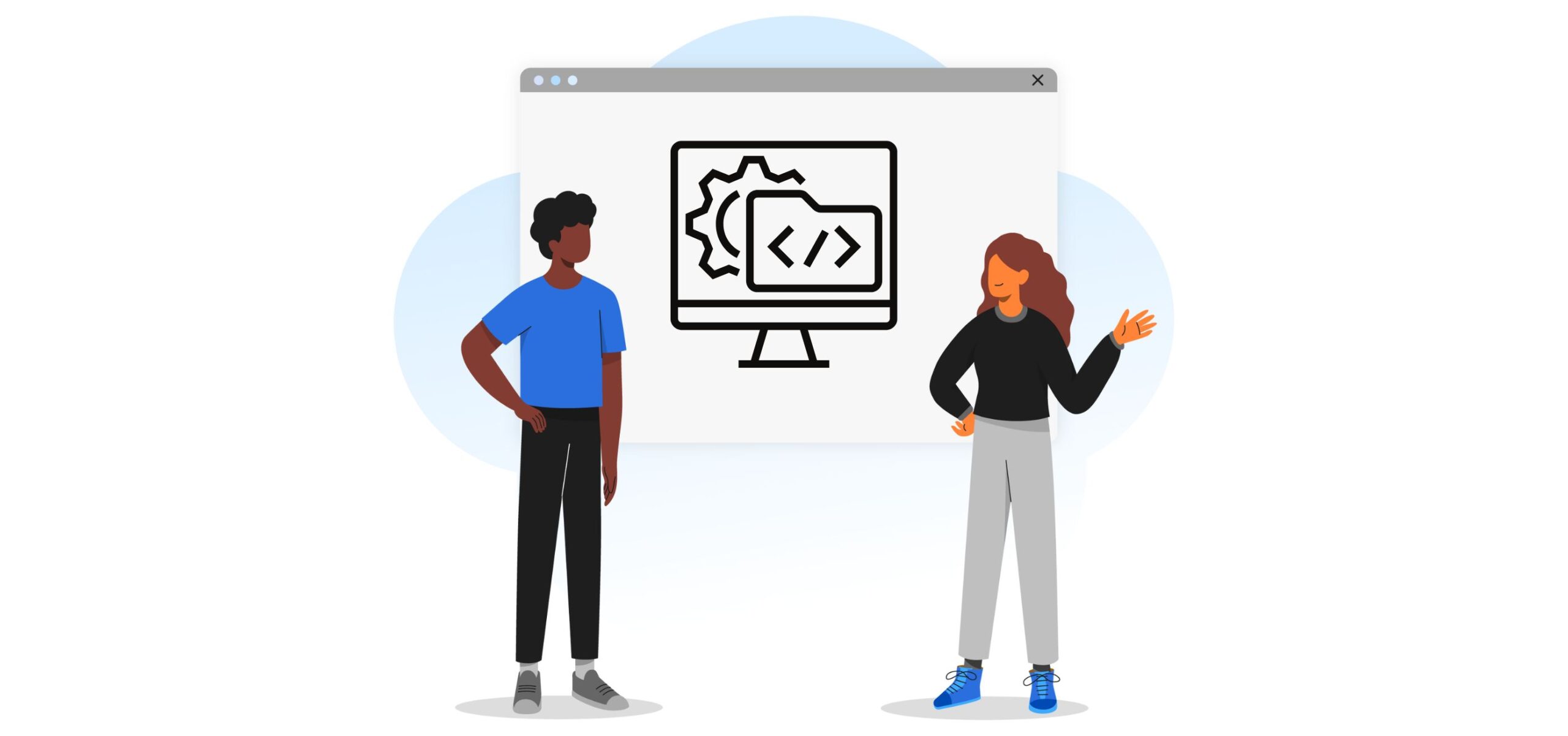Hack The Rare Hackathon: Turing Developers Come Together to Build Software for Rare Disease Treatments
Today, software is everywhere. From addressing our daily needs to solving complex engineering problems, software is transforming almost every industry.
Medical treatments are no exception. By enabling the treatment of unusual diseases, software has helped save lives. However, there is still tremendous opportunity for technology to help scientists discover treatments and cures for rare illnesses.
To find out if software engineers can create novel solutions to save lives, Turing organized the “Hack The Rare” hackathon. Participating engineers built open-source software tools to support the development of treatments for rare, devastating diseases affecting 400 million patients worldwide. The event, organized in collaboration with OpenTreatments Foundation, brought together talented developers from around the world.
Why a hackathon?
Most rare diseases have too few patients for biotech companies to develop treatments profitably. For many atypical ailments, patients must take the lead to develop treatments for their conditions by starting a non-profit organization, learning the science, and partnering with researchers. For this hackathon, software developers worldwide came together for four days between April 23rd and 27th. They built specialized tools to empower such patients to create treatments.
Hack The Rare Projects
The hackathon featured four projects that participants could choose from. The goal of their projects is to help patients get one step closer to life-saving treatments.
- Patient registry: The first goal for any rare disease is to identify other patients around the world diagnosed with the same illness. For this project, participants created a web or mobile app for newly diagnosed patients to register and associate themselves with the disease in question.
- Activity tracker: Patients with rare diseases often struggle with basic activities such as sleeping, eating, walking, talking, etc. A patient’s activity is one of the most reliable indicators of their disease’s progression and their treatment’s effectiveness. In this project, participants created a web or mobile app to help patients track and record their activities and identify abnormal patterns.
- Data vault: Storing data from research experiments is one of the hardest challenges for patients. Data is typically stored in hard drives or cloud drives without proper labeling and tracking. In this project, participants created a data vault to help patient-led organizations securely store files, connect them to research projects, and share with individuals in need.
- Materials API: Biomedical research involves physical materials such as reagents, animals, cells, chemicals, etc. When patients begin research to find a treatment, they struggle to find suitable materials to get started. In this project, participants created an API or web app to store, retrieve, and order such materials.
Throughout, participants applied their tech skills to build innovative software solutions. OpenTreatments Foundation’s CEO Sanath Kumar Ramesh carefully evaluated the projects to identify the winners.
 The first prize went to a team led by Favour Ori. Favour and his fellow engineers Fawas Kareem and Oluwatunmise Adenuga worked on building a patient registry project. Badis Marabet won second prize for his solo registry project.
The first prize went to a team led by Favour Ori. Favour and his fellow engineers Fawas Kareem and Oluwatunmise Adenuga worked on building a patient registry project. Badis Marabet won second prize for his solo registry project.
If you are a passionate software developer hoping to make an impact, you can apply to become a Turing remote developer and shape the boundaryless ecosystem. You can also make your mark on rare disease treatments by contributing to the development of the OpenTreatments software platform. Check out their source code on Github.
Join a network of the world's best developers and get long-term remote software jobs with better compensation and career growth.


